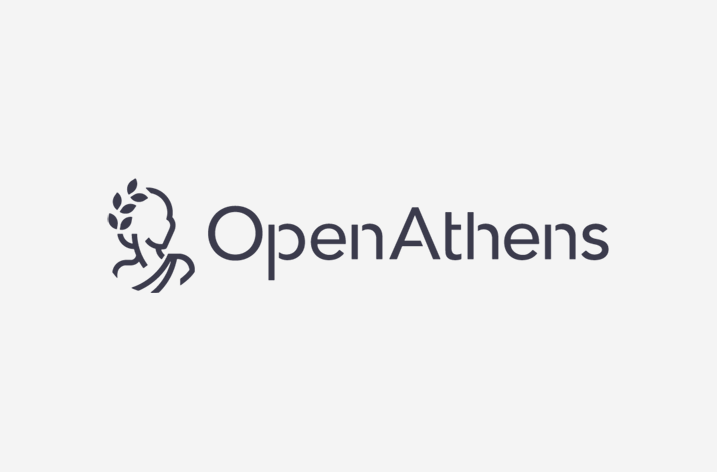
Technology solutions provider OpenAthens has developed a proprietary software solution designed to enhance the set-up process for customers joining its community.
The company, which works with librarians and publishers at organisations and businesses across the world to ensure users have quick and easy access to online resources, has developed and tested the automated internal tool which is now being used as part of the onboarding process when library customers join the global platform.
The tool provides an insight into which access methods publishers are using so libraries will benefit from a significantly reduced set-up phase.
The bespoke algorithm which underpins the software has been developed to provide an almost instant resource checker which flags whether publishers are using SAML (federated), or IP (proxied) access or neither of these. The resulting report then enables the OpenAthens team to start work much earlier with publishers not already part of the federation which would require additional set-up time.
The software removes the previous manual process and time-intensive assessment that is typically undertaken by the implementation specialist to identify which access method is used for every single vendor.
With the proliferation of online published content growing all the time, publishers are many and varied around the world and have different expectations and knowledge of how a federated access works.
With the development of this internal tool, OpenAthens – a service provider at its core – has demonstrated its commitment to supporting librarians and publishers worldwide to implement and manage its services and provide simple access to knowledge for the benefit of their users.
Commenting on the launch of the tool, commercial director Jon Bentley said: “When we talk to new libraries which want to become part of our community, we know that the challenges they face are universal. Library managers and directors need reassurance that when switching to OpenAthens the set-up process will be as efficient as possible.
“While we work with any resource – whether it’s proxied or federated – getting the right information previously took considerable time. This has all changed with our automated resource checker offering a major advantage to our new library customers.
“By introducing more automation at every stage of the way we work we can improve our customer experience. This is particularly the case for the larger universities which may be subscribed to hundreds of publishers; it now takes us minutes to do what was a painstaking manual job of checking every individual publisher over many hours. Now, once a new resource has been activated it means everyone on our platform benefits from expanded resources.
“Our vision as a team is to remove barriers to knowledge and this development has been brought about by taking a customer-first approach. We looked at the common issues faced in the sector and applied our technical expertise to solve the issue.
“This thinking is very much part of the ethos behind the RA21 initiative and we are focused on our ultimate goal which is to get to a ‘plug and play’ scenario for improved access to information for all. We want our technology to be as easy to use as possible.”


























